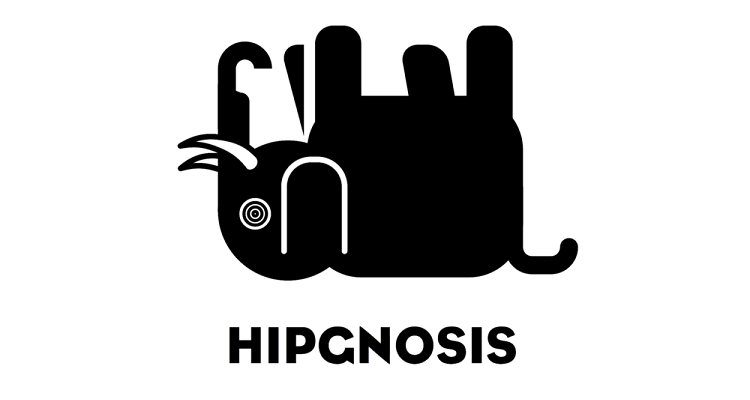Hipgnosis Songs Fund, the publicly traded (LON: SONG) entity that’s dropped billions on song catalogs, has “burned through its funds and is unable to raise more because its stock price has fallen,” according to a new analysis.
The Financial Times shed light on its view of Merck Mercuriadis’ Hipgnosis Songs Fund – including its reported inability to raise additional capital for song rights – in a recently published (and paywall-blocked) piece.
Spanning the better part of 2,000 words, the relatively in-depth look at the financials of Hipgnosis Songs Fund – not to be confused with Blackstone-powered Hipgnosis Song Management – paints a less-than-encouraging picture of the fund’s path forward.
For reference, Hipgnosis Songs Fund has closed catalog deals with all manner of high-profile creators, including but not limited to Barry Manilow, Shakira, and Nikki Sixx, since 2020’s start.
Meanwhile, the aforesaid Hipgnosis Song Management serves as the publicly traded operation’s “investment adviser” (in exchange for millions in related fees) and has in 2022 bought the catalogs of Justin Timberlake, Leonard Cohen, Kenny Chesney, and others.
But Hipgnosis Songs Fund’s catalog-purchasing spree has, needless to say, come at a cost, and DMN has covered the business’s efforts to raise capital from shareholders amid growing gross debt, which has been maxed out at $600 million since at least March 31st. Additionally, HSF’s earnings report for the prior fiscal year revealed a material jump in expenses tied to abandoned catalog deals, totaling nearly $2 million.
Back to the initially noted Financial Times report, the breakdown reiterates the above-highlighted points and the growing cost of HSF’s $600 million in debt before indicating that “several artists have complained that Mercuriadis has failed to complete potential transactions that were being discussed.”
While these professionals are welcome to pursue transactions with other music industry companies that are hunting for song rights, one anonymous source relayed that “the inability to complete those deals was damaging Mercuriadis’s reputation in an industry where personal relationships are highly prized.”
In support of the claim, the piece points to a purported dispute with “a Grammy Award-winning artist” over “a stalled deal to buy their catalogue.” Mercuriadis addressed the topic with a statement, emphasizing the need to reprice deals due to interest-rate changes as well as his view of Hipgnosis’ strong ties to the songwriting community.
Lastly, the article draws attention to the fact that Hipgnosis Songs Fund’s market value (based upon its present per-share stock price of £1.09) is well beneath its per-share net asset value, which is determined by an ostensibly neutral third party. (Of course, this third party collects a significant paycheck for valuing the company’s assets, and some financial professionals have scrutinized the associated system.)
Moreover, Hipgnosis will reportedly need to achieve a 20 percent revenue boost (assuming that costs remain steady) to fund its dividend for the fiscal year ending in March of 2023, and “raising new equity would dilute existing shareholders and, in the words of an HSF spokesperson, ‘destroy value,’” per FT once again.
The report concludes by stating that Blackstone is positioned to capitalize upon continued advisory payments or the opportunity to purchase music assets at a discount if HSF’s stock price sinks, depending on how things play out in the approaching months.
Notwithstanding these points, Hipgnosis Song Management is reportedly vying to secure Pink Floyd’s catalog for approximately $500 million, though the likes of BMG and Warner Music Group are said to be competing for the deal as well.

